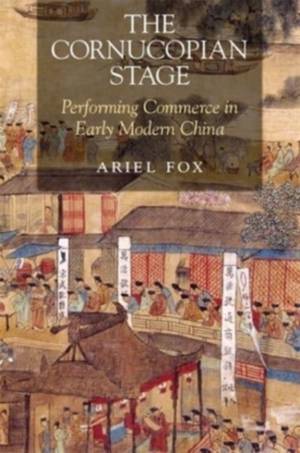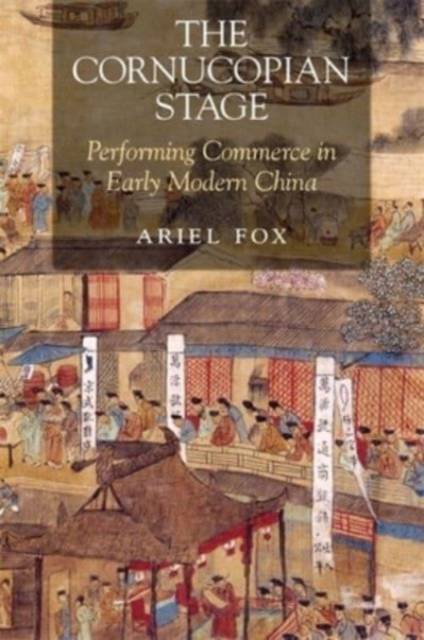
- Afhalen na 1 uur in een winkel met voorraad
- Gratis thuislevering in België
- Ruim aanbod met 7 miljoen producten
- Afhalen na 1 uur in een winkel met voorraad
- Gratis thuislevering in België
- Ruim aanbod met 7 miljoen producten
Omschrijving
The long seventeenth century in China was a period of tremendous commercial expansion, and no literary genre was better equipped to articulate its possibilities than southern drama. As a form and a practice, southern drama was in the business of world-building--both in its structural imperative to depict and reconcile the social whole and in its creation of entire economies dependent on its publication and performance. However, the early modern commercial world repelled rather than engaged most playwrights, who consigned its totems--the merchant and his money--to the margins as sources of political suspicion and cultural anxiety.
In The Cornucopian Stage, Ariel Fox examines a body of influential yet understudied plays by a circle of Suzhou playwrights who enlisted the theatrical imaginary to very different ends. In plays about long-distance traders and small-time peddlers, impossible bargains and broken contracts, strings of cash and storehouses of silver, the Suzhou circle placed commercial forms not only at center stage but at the center of a new world coming into being. Here, Fox argues, the economic character of early modern selfhood is recast as fundamentally productive--as the basis for new subject positions, new kinds of communities, and new modes of art.Specificaties
Betrokkenen
- Auteur(s):
- Uitgeverij:
Inhoud
- Aantal bladzijden:
- 278
- Taal:
- Engels
- Reeks:
Eigenschappen
- Productcode (EAN):
- 9780674293755
- Verschijningsdatum:
- 5/09/2023
- Uitvoering:
- Hardcover
- Formaat:
- Genaaid
- Afmetingen:
- 152 mm x 229 mm
- Gewicht:
- 544 g

Alleen bij Standaard Boekhandel
Beoordelingen
We publiceren alleen reviews die voldoen aan de voorwaarden voor reviews. Bekijk onze voorwaarden voor reviews.












